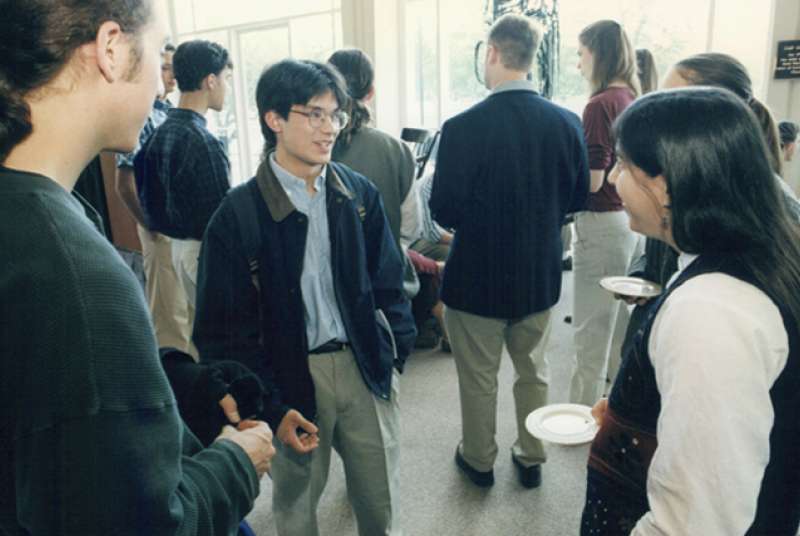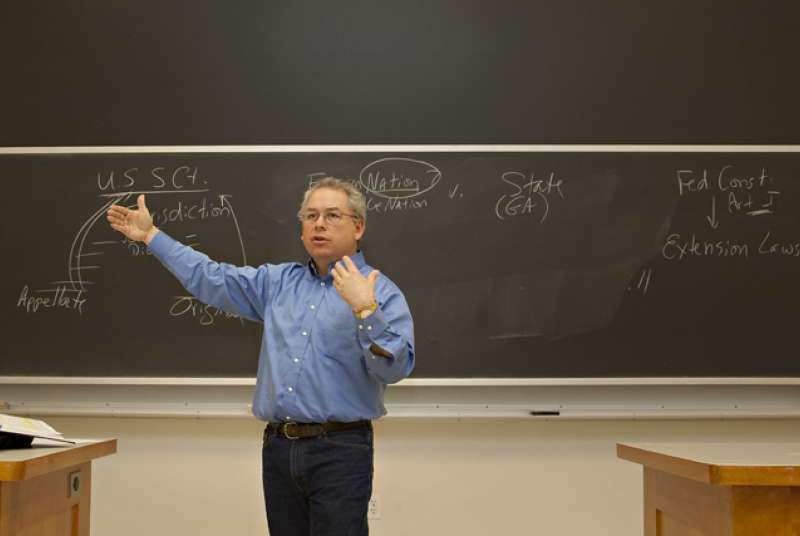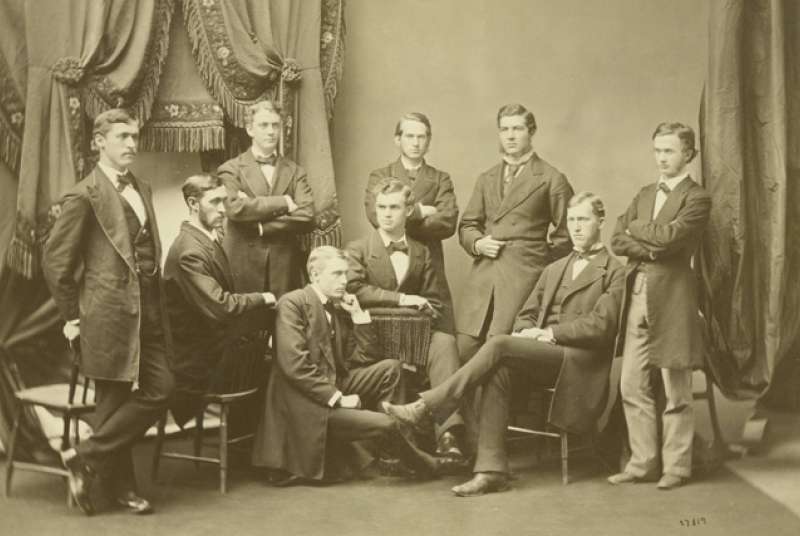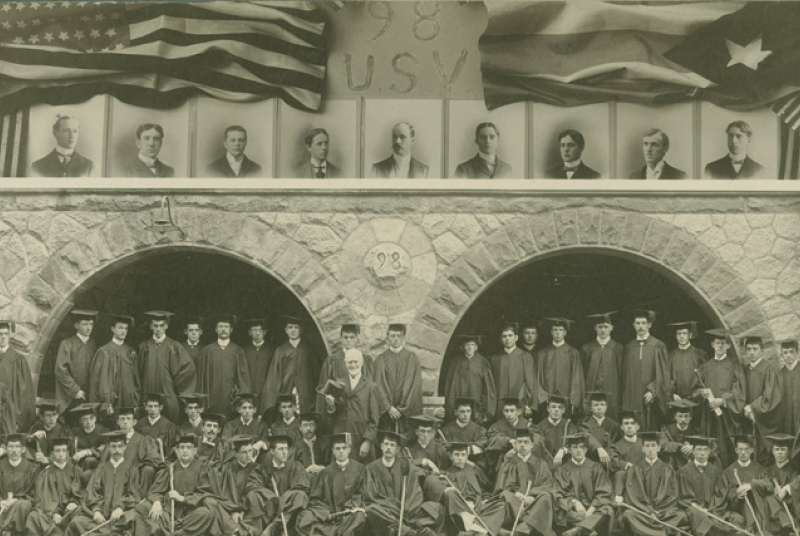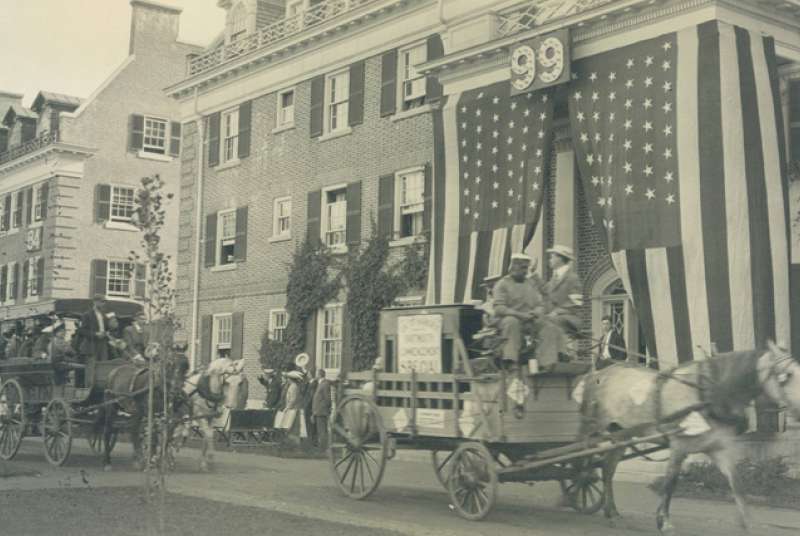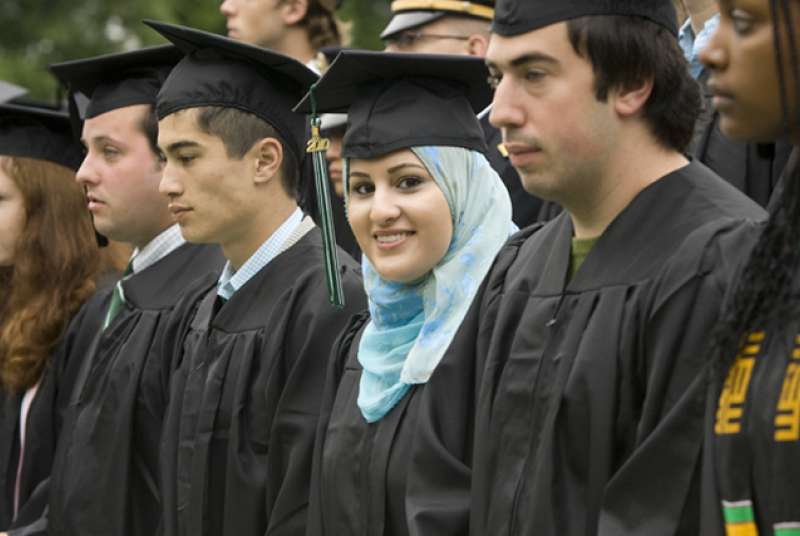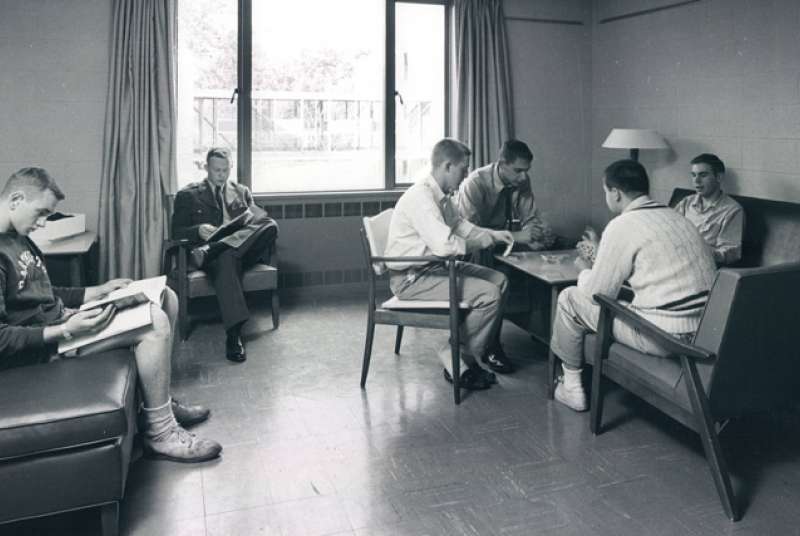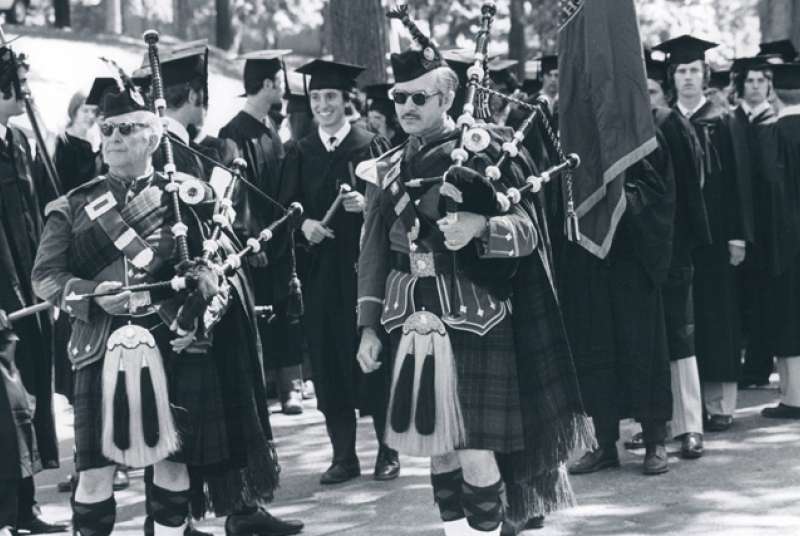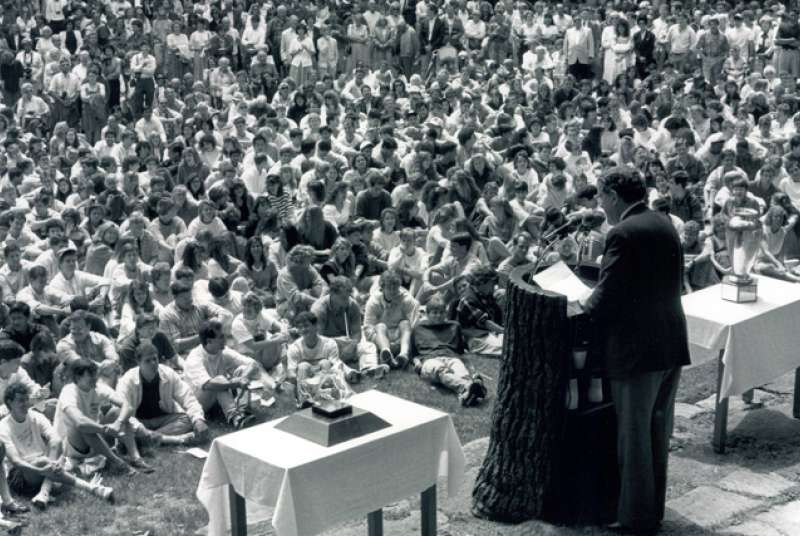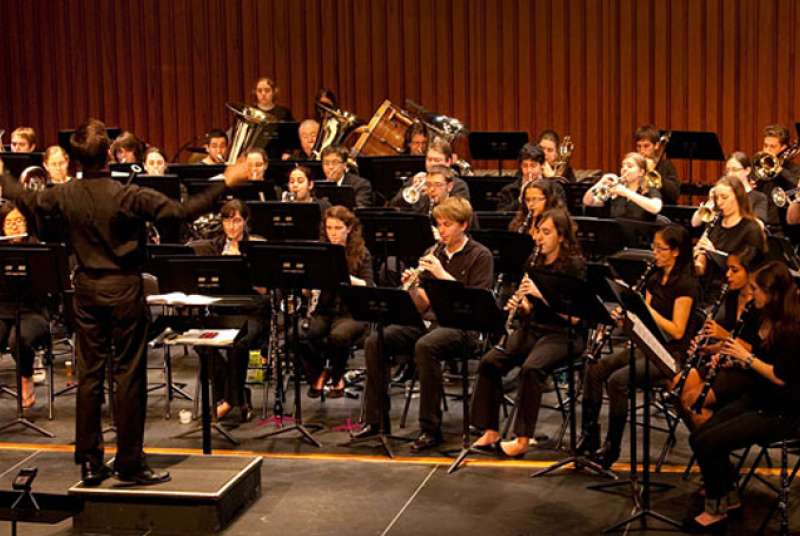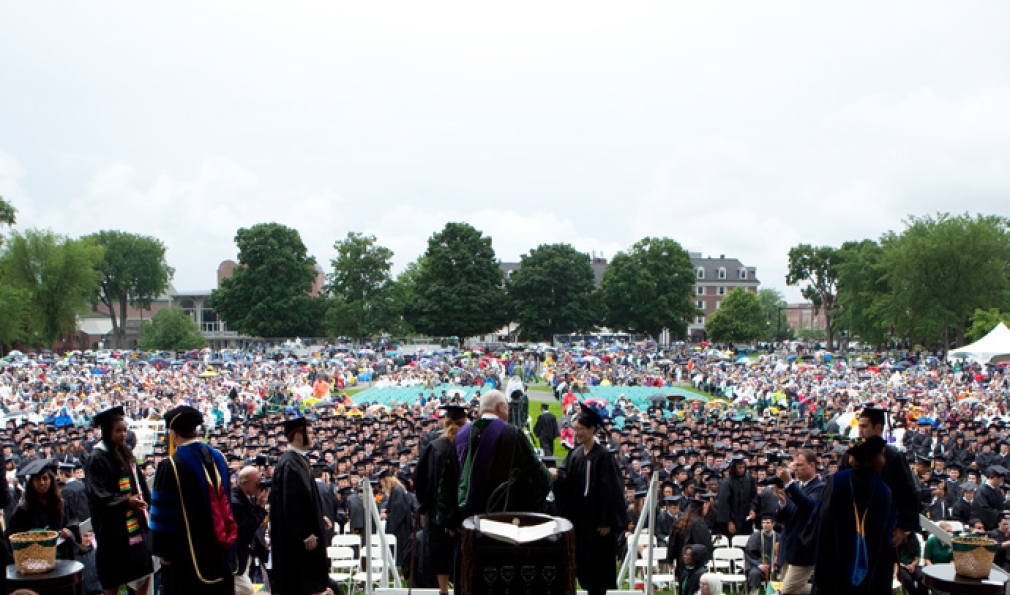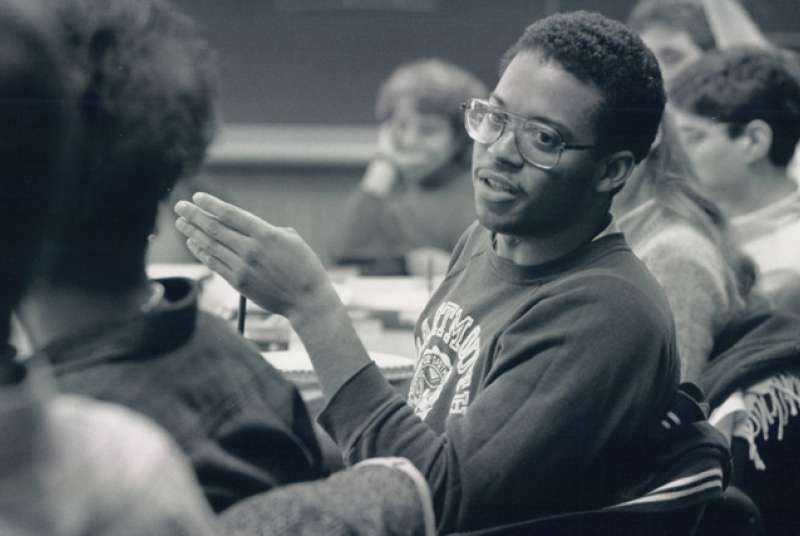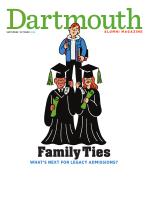Class of 2022
Class Notes
View All Notes for Class of 2022It’s not every day that your classmate’s undergraduate thesis turns into a published book. Ben Vagle’s Command of Commerce: America’s Enduring Economic Power Advantage over China (Oxford University Press) was inspired by his government department honors thesis on the economic cost of a potential U.S.-China conflict.
In 2021 headlines were dominated by fears of a potential Chinese invasion of Taiwan. Although there were many publications analyzing this issue from a military lens, Ben noticed there was little to no analysis of the economic consequences of such a conflict. That led Ben to undertake a thesis analyzing these costs. Ben found that if the United States and its allies rapidly imposed coordinated sanctions in response to a Chinese invasion of Taiwan, China’s short-term economic losses from a broad cutoff range from being five to 11 times higher than America’s. In the long run America and almost all its allies would return to previous economic growth levels; in contrast, China’s growth would be permanently degraded.
That conclusion was striking enough that Ben and his thesis advisor, professor Stephen Brooks, felt it needed to be shared not only with the academic world but also with the policymaking community and the public. After graduation Ben and Professor Brooks resolved to publish the findings of the thesis as a book. They dove deeper into the balance of economic power between the United States and China, analyzing the multinational corporations controlled by these countries and China’s economic growth story. That analysis revealed that the United States and its allies retain an enduring economic power advantage over China, a key reason that the harm they could impose on China is so lopsided.
These findings are particularly relevant today, and Ben described writing the book as “at times aiming at a moving target.” One of the key findings—that the United States can only maximize its economic leverage through coordination with its allies—has become especially relevant amid talk of rising tariffs against both China and American allies. In the case of a decoupling solely between the United States and China, Ben’s research shows that the United States would see nearly as much loss as China.
As they presented the book to policymakers across Washington, D.C., from the U.S. Department of Commerce and the National Security Council to leading think tanks, Ben reflected on how it all began. He admitted that when he started his thesis, he hadn’t fully appreciated how dedicated and accessible Professor Brooks would be, thanks in large part to Dartmouth’s undergraduate focus, which allows faculty to devote significant time to mentoring undergraduates and supporting their research. He’s excited about the future of their work and sees many opportunities to continue building on it, especially given its relevance in an increasingly complex geopolitical landscape.
While working on the book for the past three years, Ben has held full-time roles in D.C. He first started in economic consulting postgraduation but transitioned to a policy analyst position at the U.S. Department of the Treasury Office of Investment Security, as he found his research deeply impactful and would like to pursue a career in public service. In the coming months he will be enrolling at Stanford as a J.D. and political science Ph.D. candidate.
Command of Commerce is now available through all major booksellers. While U.S.-China trade policy remains more uncertain than ever, one thing is clear: Ben’s academic journey and growing career in public service will be an exciting one to follow.
—Louisa Gao, 154 E 29th St., New York, NY 10016; louisa.gao0922@gmail.com





